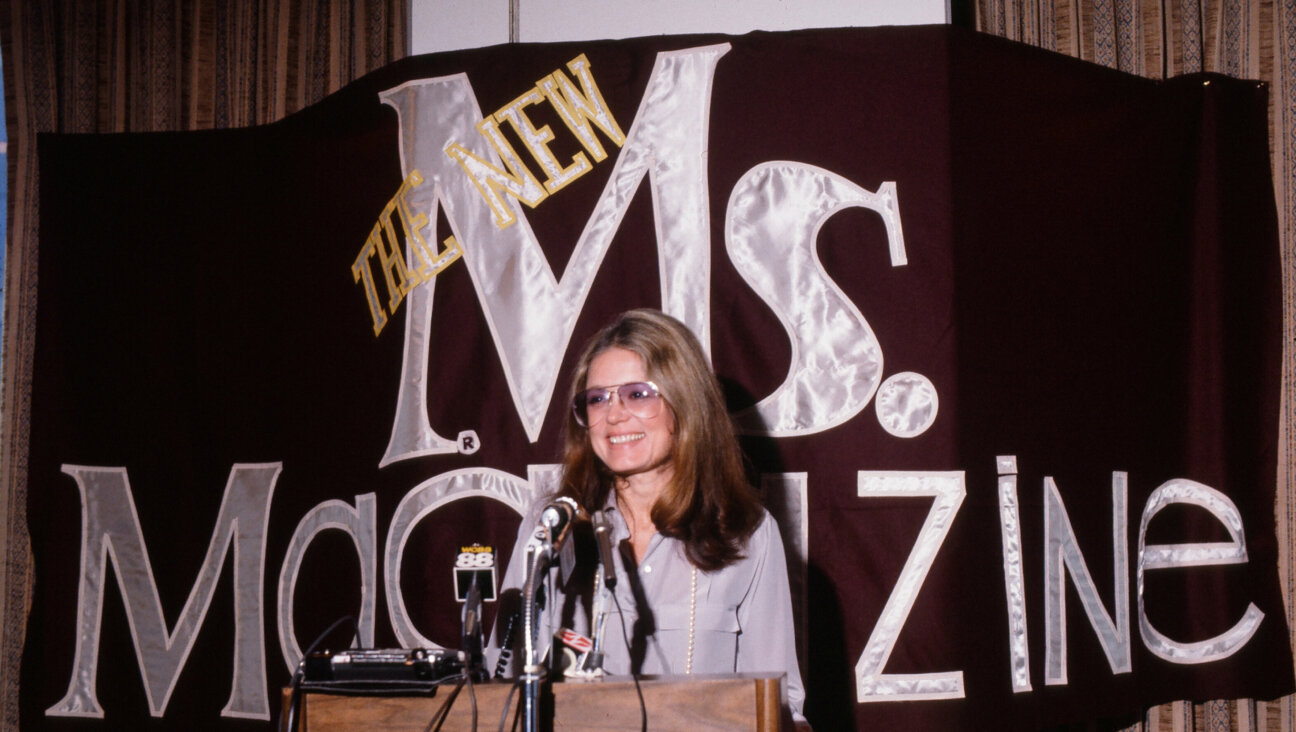The secret Jewish history of ‘Dune’

Dunes Image by IStock Photo
Aside from its British pronunciation (“Jew-une”), the epic science fiction novel “Dune,” which is again being remade this year has a lot more Jewish resonances than one might expect.
.
Frank Herbert’s novel was originally published in 1965. It has been adapted for the screen several times, including a 1984 film by David Lynch and a TV miniseries in 2000 (produced by Richard P. Rubinstein). It will again be rebooted later this year by Denis Villeneuve with a screenplay by Eric Roth (who wrote “Munich” in 2005).
The book depicts a future universe of feuding and feudal noble houses plotting against each other for control of the planet Arrakis from which the drug “spice” is mined. In the ‘Dune’ universe, religion seems to be a mixture of Christianity, Islam and Buddhism. But what about Jews and Judaism?
Herbert’s vision owes much to Judaism, even if not always consciously. The belief in a Messiah, which underpins the books and films, is one of its main themes. His term, the Kwisatz Haderach resembles the Hebrew phrase kefitzat haderech. Literally meaning “the shortening of the way,” the term is mentioned in the Talmud and Jewish folklore legends to refer to a magical or mystical transportation or teleportation between two places in a short amount of time. This is how Emanuel Lotem rendered the term in his Hebrew translation of Dune in 1989.
The extreme secrecy of the Fremen, at home in a desert environment, who do much with scarce resources and are concerned mainly with their own survival suggests early Hebrew pioneers.
But explicit Jews don’t appear in Herbert’s original novel maybe because outer space is not considered to be a good place for nice Jewish boys. They do show up in “Chapterhouse: Dune,” the sixth installment of the Dune series, which Herbert wrote before his death in 1986. There, Herbert presented a fossilized form of Judaism that had not changed in millennia. “It is probable that a rabbi from ancient times,” explains a Bene Gesserit sisterhood leader to her disciple, “would not find himself out of place behind the Sabbath menorah of a Jewish household in your age.”
Demonstrating absolute commitment to their “old religion,” the Jews of “Dune” are primarily concerned with their own survival. They must cultivate extreme secrecy because their separatist ways elicit ongoing anti-Jewish violence. The leader of the Bene Gesserit explains:
“They made a defensive decision aeons ago. The solution to recurrent pogroms was to vanish from public view. Space travel made this not only possible but attractive. They hid on countless planets—their own Scattering—and they probably have planets where only their people live … their secrecy is such that you could work a lifetime beside a Jew and never suspect.”























